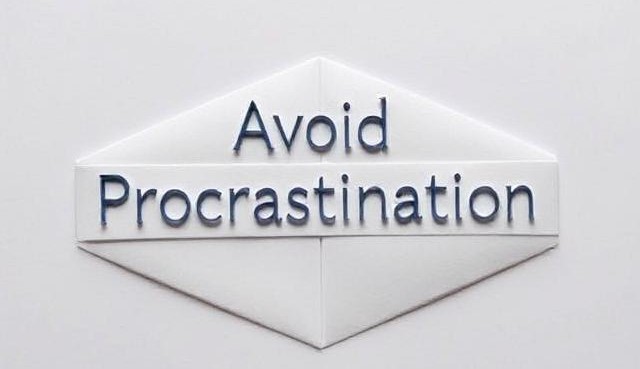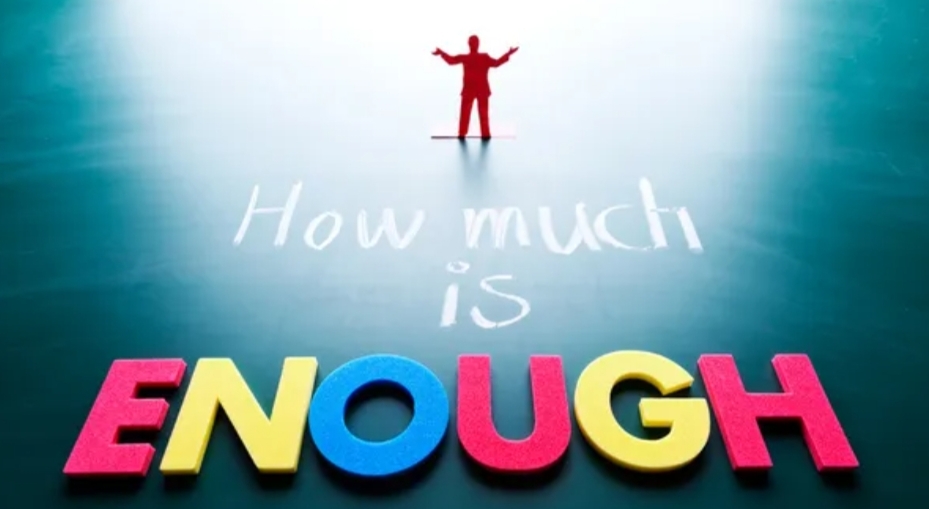
In today’s hustle and bustle of daily life can often make us feel like we’re constantly in a race against time. The pressure to be productive, engaged, and busy can weigh heavily on our minds, leading many to undervalue the importance of downtime. However, it’s crucial to remember that it’s perfectly okay to have a lazy day. In fact, embracing those moments of rest can lead to increased well-being and productivity in the long run.
The Importance of Rest
Rest is not simply the absence of work; it is an essential component of a balanced and healthy lifestyle. Our bodies and minds are not designed to operate at full throttle all the time. Just like machines, we require periods of downtime for maintenance and rejuvenation. Research has shown that adequate rest can reduce stress, improve mood, boost creativity, and increase our overall efficiency.
During a lazy day, we have the opportunity to recharge our physical, mental, and emotional batteries. When we allow ourselves to relax without the guilt that often accompanies downtime, we can clear our minds and gain a fresh perspective on life.
Breaking the Guilt Cycle
One of the biggest barriers to enjoying a lazy day is the guilt that often arises from taking time off. We live in a culture that glorifies busyness; the idea that we must always be “doing” can make us feel inadequate for simply taking a break. However, it’s crucial to challenge this mindset and acknowledge that rest is a vital part of self-care.
Consider reframing how you view a lazy day. Instead of seeing it as a waste of time, recognize it as an investment in your well-being. On such days, you can engage in activities that bring joy and relaxation—whether it’s indulging in your favorite book, binge-watching a new series, or simply taking a long nap. By giving yourself permission to take a break, you are ultimately giving yourself the chance to recharge and return to your responsibilities with renewed energy.
The Benefits of a Lazy Day
- Enhanced Creativity: Taking a break from the grind can allow your mind to wander and explore new ideas. Often, our most creative thoughts emerge when we are not actively trying to solve a problem or produce something.
- Reduced Stress: Slowing down provides an opportunity for mindfulness and reflection. It allows us to step back from our busy lives, reducing anxiety and stress levels.
- Improved Relationships: Lazy days can also be great for fostering connections with loved ones. Whether it’s spending quality time with family or catching up with friends over a leisurely brunch, downtime can strengthen our bonds with those we care about.
- Better Physical Health: Chronic stress and fatigue can lead to various health issues. Allowing ourselves some lazy time can help mitigate these risks, promoting better mental and physical health.
How to Enjoy a Lazy Day
If you’re unsure how to fully embrace a lazy day, here are a few tips:
- Plan It: Schedule your lazy day just like any other important appointment. Knowing you have a designated time to rest can alleviate any guilt.
- Disconnect: Turn off your phone or log out of social media in order to minimize distractions. This will help you focus on your relaxation without feeling compelled to be “productive.”
- Engage in Simple Pleasures: Whether it’s savoring your favorite snack, taking a leisurely stroll, or enjoying a bubble bath, let simplicity guide your day.
- Listen to Your Body: If you feel tired, allow yourself to take a nap. If you feel like binge-watching a show, go for it! Pay attention to what your body and mind are telling you.
In the grand scheme of life, those lazy days can serve as essential pit stops on our journey. They remind us that it’s not only okay but necessary to pause and recharge. So the next time you find yourself feeling overwhelmed, remember that taking a step back to embrace a lazy day can enhance your overall well-being. In a world that often equates busyness with value, allow yourself the grace to slow down and simply be. After all, downtime is not just a luxury; it’s a necessity for a balanced life.









